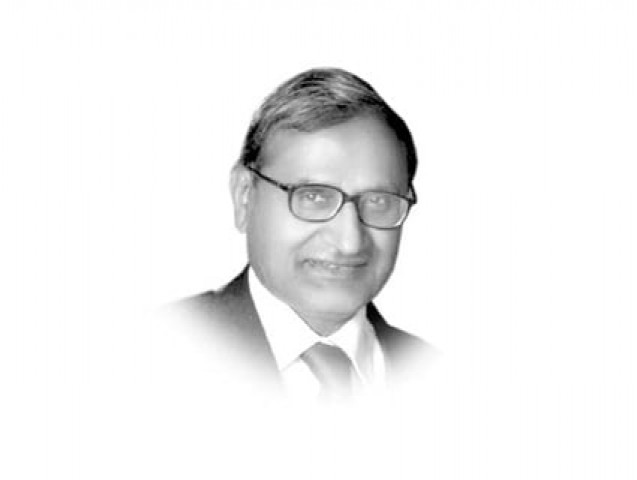The politicisation of the RGST
The government has not come out looking honest on the effect the tax will have on prices.

Politically, the government seemed unsure of itself. The PPP did not manage its own flock well. However, it does not follow that the opposition has a case. A point common to all opposing parties is that the country is already overtaxed. The shamefully low tax-to-GDP ratio clearly shows that this claim is a lie. Secondly, a point is made that taxing the people who are already taxed, is unjust. Now, this may be true of the flood surcharge on income tax, which is a one-time levy and justified in an emergency, however the RGST actually reduces the rate on the already taxed and brings under its purview sectors and activities exempted so far. Thirdly, too much was made of the indirect nature of the RGST. It still exempts basic foods and medicines and spares small businesses. Fourthly, one hears that taxes on agricultural income, wealth and property are better alternatives. No doubt these taxes should be imposed, but to supplement not supplant the RGST. The documentation resulting from the RGST will give these, and other direct taxes, the best chance to realise their potential. It will take some time before our power structure gives in on incomes. If consumption tax can be resisted to this extent, an effective coverage of incomes would have put the country on fire.
It is said that ending corruption in the Federal Bureau of Revenue and the government could save much more than the yield expected from the RGST. All estimates presented in support of this are unsubstantiated. Corruption must end. What the opposition needs to do is to present a concrete plan of action to deal with it, root and branch, and implement it when its turn comes. This is, however, no argument against the RGST. Will the politicians provide the powers that be, another chance to declare them irresponsible?
Published in The Express Tribune, December 17th, 2010.













COMMENTS
Comments are moderated and generally will be posted if they are on-topic and not abusive.
For more information, please see our Comments FAQ